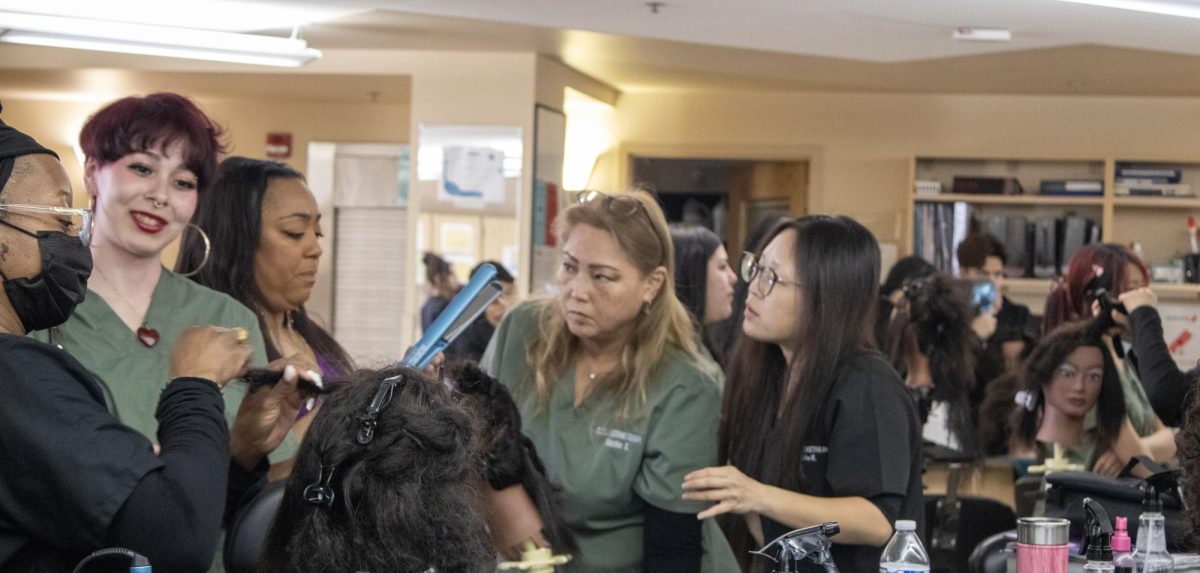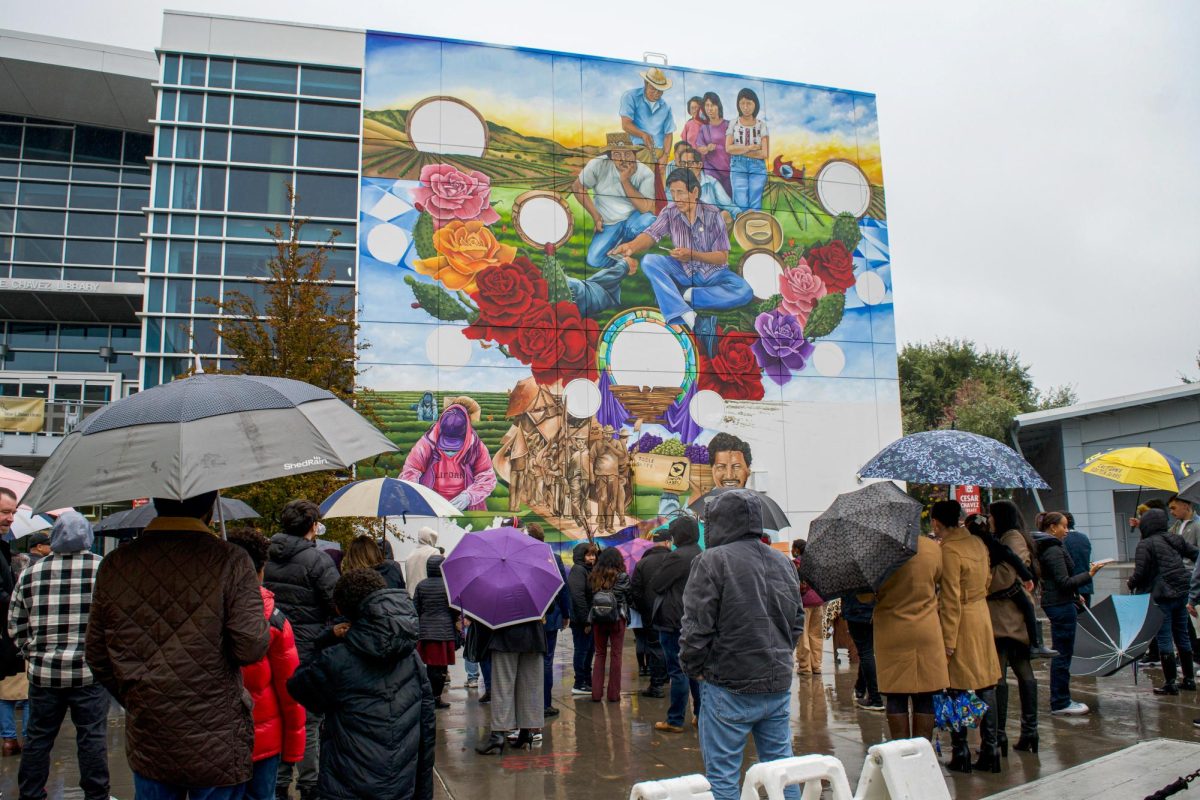Frontline workers are experiencing unprecedented pressure that is affecting their mental, emotional and physical well-being.
“Midway through summer and the people getting coronavirus has only increased in the
United States,” said grocery store receiver Michael Randall, 66. “If the summer is like this, the winter will not be fun.”
Although protective personal equipment such as disposable masks and gloves reduce the
risk of exposure, these measures do not alleviate the constant stress for many frontline workers.
“It has affected me drastically,” said Christa Nanos, a 40-year old Valley Transit Authority bus operator. “I’m not myself when doing my job because I have to change the way I do it as the policies change every five seconds.”
Stress management is critical for many frontline workers to keep themselves professional
and motivated to continue working.
The WHO recommends staying informed by reliable sources, maintaining a healthy lifestyle, and staying connected to help cope with the pandemic.
“Go on a hike. Tackle things on your to-do list,” Nanos said. “Talk to your family and friends to keep touch. Find something to do to keep you distracted.”
Tammy Homen, a 54-year-old grocery store worker, had a similar response.
“In the beginning, I was frightened and didn’t come to work,” Homen said. “However,
I’m not as scared because I put my faith in God. He is in control, and I’m not.”
In a show of support for frontline workers, the U.S. House of Representatives passed the Health and Economic Recovery Omnibus Emergency Solutions Act (HEROES Act) on May 15, which includes $200 billion for frontline workers, but the bill failed in the U.S. Senate.
Many employers, including Wal-Mart, Amazon and Kroger, had a temporary pay
increase, also known as hazard pay.
They also relaxed their time and attendance policies for their workers to take unpaid time off without the risk of being terminated.
Some employers ended both policies while the risk exposure remained steady or increased.
“It’s not just us who are on the line, but we can head home to those who are at risk,”
Ybarra said. “It involves us and others. I do believe that hazard pay should come back. It would make us feel more appreciated (by our employers) as a whole.”
For some, this time has brought up underlying tensions in their personal relationships and caused for a deeper bond with those closest to them.
“My relationship with my parents is better than ever before. I talked about my fears of
moving, and they revealed their own fears,” said Ybarra. “As bad as this has been for so many, I think it has been a chance for everyone to figure out what matters most in their lives.”
Mark Burgie, enrolled in JOURN 22 News Writing and Reporting course, was a journalism student at San Jose City College this summer.







